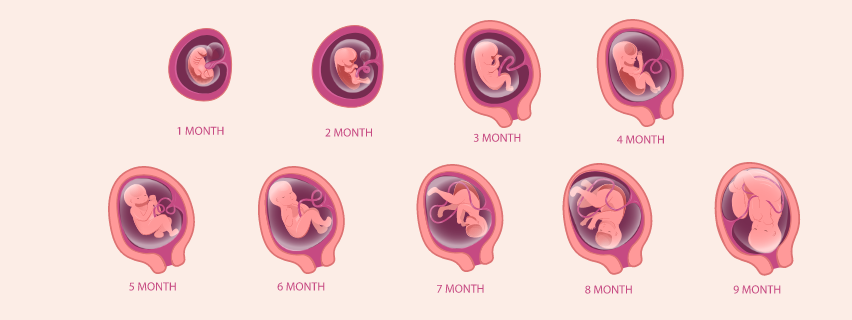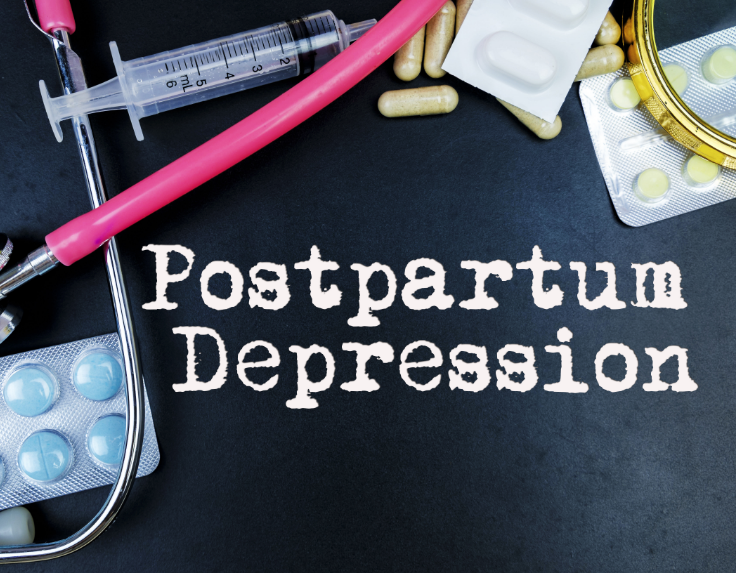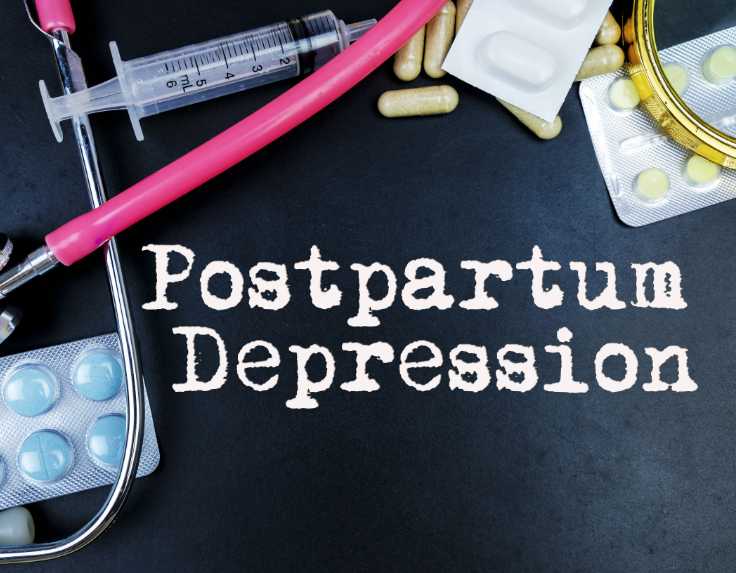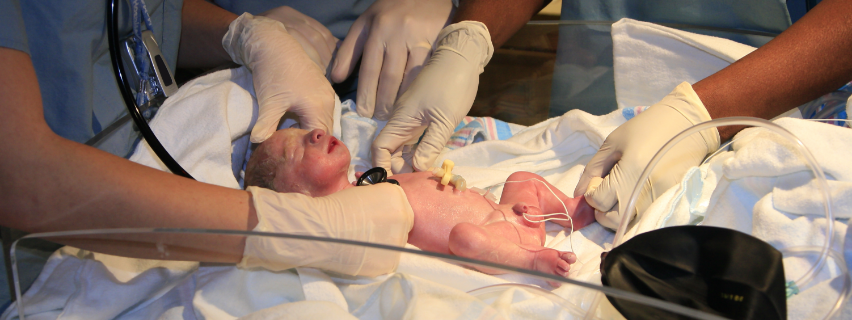Once you receive confirmation of the good news from PregaNews it is an exciting wait for 9 ½ months before you can hold your baby in your arms. Let us understand your baby’s journey from the moment of conception.
Within 24 hours post-fertilization, the egg that will become your baby will swiftly divide into many cells. By the eighth week of the fetal development stage, the embryo will first develop into a fetus. It takes about 37- 40 weeks to complete fetal development. These weeks are further divided into three trimesters.
The start of fetal development begins from the first day of your last menstrual cycle. This is also termed as gestational age or menstrual age. It takes about two weeks for conception to occur. It’s very important to note the date of the first day of your last period. Your doctor will ask you about this date to figure out how far along you are in your fetal development stage.
Stages of fetal development Month-by-Month in Pregnancy

First trimester
The first trimester is the period from conception to 12 weeks. This is generally the first three months of the fetal development stage. During this stage, the fertilized egg will grow from a small grouping of cells to a fetus.
Month 1 (weeks 1 through 4)
A water-tight sac called an amniotic sac develops around the fertilized egg filling with fluid, which protects the growing embryo.
During this fetal stage, the placenta gets to develop. The placenta is a round, flat organ that helps carry nutrients from the mother to the fetus. Placenta act as a food carrier for the fetus during the fetal development stage.
During the first few weeks, a primitive face will develop with large dark circles for the eyes. The mouth, lower jaw, and throat will begin to take shape. Blood cells will start developing, and circulation will begin. By the end of the fourth week, the heart will begin to beat 65 times in a minute.
The fetus length is about 1/4 inch long by the end of the first month.


Second trimester
The best part of the experience during pregnancy is during the middle stage of fetal development. Any morning sickness and the discomfort of early pregnancy reduces during this stage. During this month the fetus begins to develop facial features. You may also experience the feeling of fetus movement in the uterus.
Month 4 (weeks 13 through 16)
You can hear the fetal heartbeat through an instrument called a doppler. The fingers, toes, eyelids, eyebrows, eyelashes, nails, and hair are developed. Teeth and bones are also developed and become denser.
The nervous system of the fetus starts functioning. The reproductive organs and genitalia are also fully defined. The fetal growth is about 6 inches long and the weight is about 4 ounces by the end of four-months.
Month 5 (weeks 17 through 20)
At this stage of fetal development, you may experience the feeling of the fetus moving around. The fetus begins to develop muscles and hair starts growing on the head. The shoulders and back get covered by soft fine hair called lanugo. Lanugo gives protection to the fetus and is usually shed at the end of the first week of the baby’s life.
The fetal skin gets covered by a cheesy whitish coating termed vernix caseosa. This protects fetal skin from long exposure to the amniotic fluid and begins to shed just before birth.
The fetal growth is about 10 inches long and the weight is about 1/2 to 1 pound by the end of the fifth month.
Month 6 (weeks 21 through 24)
The fetus starts responding to sounds by moving or increasing the pulse during this month. You may also experience jerking motions of fetus hiccups.
The fetal growth is about 12 inches long and the weight is about 2 pounds by the end of the sixth month.
Month 7 (weeks 25 through 28)
The fetus will get mature and reserves of body fat get formed. At this stage, hearing is fully developed. The fetus starts changing position frequently and responds to external stimuli, such as sound, pain, and light. The amniotic fluid starts reducing. The fetal growth is about 14 inches long and the weight is from 2 to 4 pounds by the end of the seventh month.
Third trimester
This is the final stage of fetal development. It’s time to start the countdown and you are eagerly waiting for the new arrival. During the third trimester, the fetus starts gaining weight quickly, this added body fat that would help after birth.

Month 8 (weeks 29 through 32)
The fetus will continue to mature and reserve its body fat. You may observe more kicking. The brain will develop rapidly at this stage and the fetus can see and hear. Most internal body parts are well developed, but the lungs are still in the developing phase. The fetus’s size is 18 inches long and weighs about 5 pounds at the end of this month.
Month 9 (weeks 33 through 36)
During this stage, the fetus will continue to mature, grow and reserve its body fat. The lungs are close to being fully matured in this month. The fetus starts blinking, closing the eyes, turning the head, grasping firmly, and responding to external stimuli such as sounds, light, and touch.
The fetal growth is about 17 to 19 inches long and the weight is about 5 ½ pounds to 6 ½ pounds at the end of this month.
Month 10 (Weeks 37 through 40)
In this final stage of fetal development, you may experience labour pain at any time. You may observe less movement because space is tight. At this point, the fetus’s position has been changed to get prepare for birth. Ideally, the fetal head moves down in your uterus. You may experience more uneasiness in this time as the fetus shifted down into your pelvis and is getting ready for delivery.
The Fetal growth is about 18 to 20 inches long and the weight is about 7 pounds at this time.

Key Takeaway
It is fascinating how the fetal journey has been designed from conception to delivery with every stage earmarked for an area of development. Since this is well documented, any deviation from the normal as detected in ultrasound will become a cause for concern.
FAQ
1. What is the most important week of fetal development?
The first trimester is the most crucial period of fetal development. The first trimester has a period from conception to 12 weeks. This is generally the first three months of the fetal development stage. During this stage, the fertilized egg will grow from a small grouping of cells to a fetus.
2. What month is the fetus fully developed?
Month 10 (Weeks 37 through 40) is when the fetus is fully developed. In this final stage of fetal development, you may experience labor pain at any time. You may observe less movement because space is tight. At this point, the fetus’s position has been changed to prepare for birth.
3. Which week of pregnancy is critical?
The first twelve weeks of pregnancy are critical. During this fetal stage, the placenta develops. The placenta is a round, flat organ that helps carry nutrients from the mother to the fetus. Placenta act as a food carrier for the fetus during the fetal development stage.
4. How to know your fetus is developing normally?
You may experience the feeling of the fetus moving around. The fetus would start reacting to external stimuli. In case the fetus stops moving around, you must consult the doctor immediately. Regular ultrasounds will indicate the progress of the fetus and detect abnormalities.
5. How can I increase fetal growth?
Intake lots of fruits, vegetables, folic acid, iron and vitamin c to boost fetal healthy growth.
The nine months of a baby’s journey within the mother’s womb is most fascinating. Enjoy every moment of this journey. Read up as much as you can so that you are aware of what your baby is doing inside at each stage. Stay cheerful and happy and prepare for the little one’s arrival.




























































